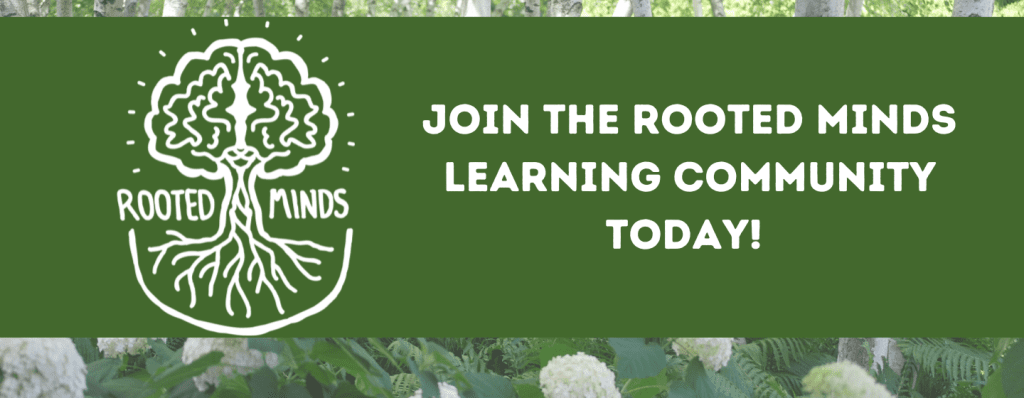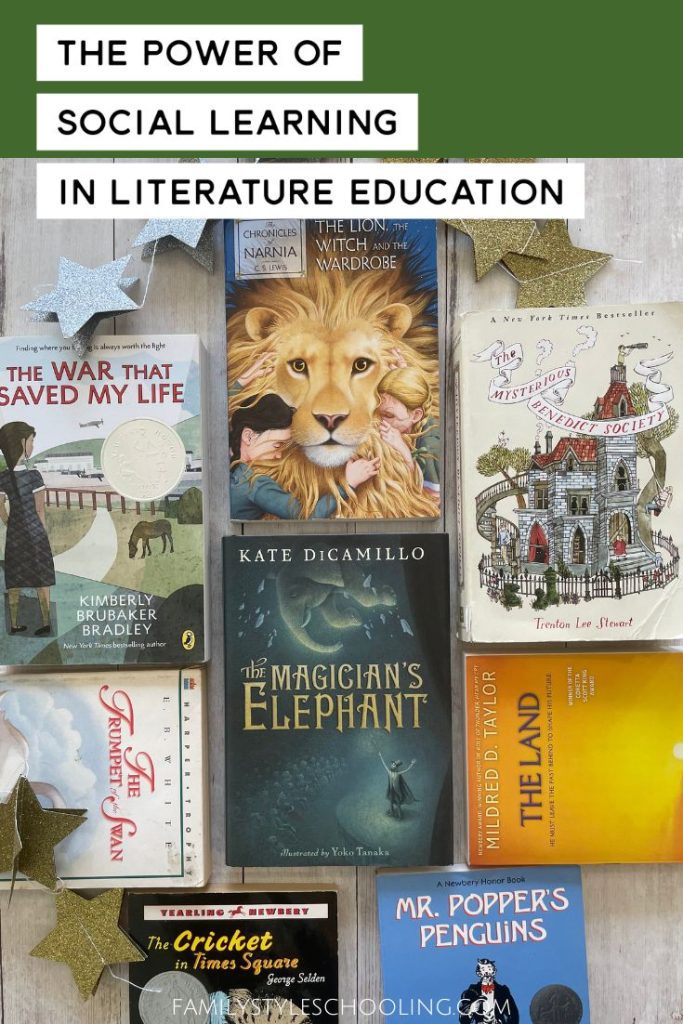The Power of Social Learning in Literature Education
Social learning in literature education is often overlooked in today's fast-paced educational landscape. However, the power of collaborative literary exploration can transform how students engage with and understand texts, even in a homeschool setting.
Creating a Literary Community at Home
Here are practical ways to implement social learning in your homeschool literature studies:
- Family Book Club: Set regular times for family reading discussions where everyone shares their perspectives on the current book. Even younger siblings can participate by sharing their favorite characters or memorable moments.
- Character Tea Parties: Host special occasions where family members dress up as their favorite literary characters and interact in character, discussing the book's themes and plot points.
- Collaborative Story Mapping: Create visual representations of stories together using large paper or digital tools, with each family member contributing different elements like character analysis, plot points, or theme identification.
- Dramatic Readings: Take turns reading dialogue in different voices, bringing the text to life through family performances.
Expanding Your Literary Circle
While family-based activities provide an excellent foundation, connecting with a broader community can enrich the learning experience even further.
Join the Rooted Minds Learning Community to connect with other literature-loving families! Our community provides opportunities for collaborative learning, thoughtful discussions, and shared literary experiences that extend beyond your home environment.
Benefits of Social Learning in Literature
- Multiple Perspectives: Exposure to different interpretations and viewpoints deepens understanding of literary works
- Enhanced Critical Thinking: Group discussions encourage deeper analysis and questioning of texts
- Improved Communication Skills: Regular literary discussions help develop articulation and active listening skills
- Greater Engagement: Social interaction makes reading more enjoyable and memorable
Remember, fostering a love for literature through social learning isn't just about academic achievement—it's about creating lasting connections and meaningful conversations that extend beyond the pages of a book.
Exposure to Different Perspectives
When selecting literature for young readers, it's crucial to choose books that expose them to diverse perspectives and experiences. Here are some types of books that can help broaden horizons:
- Cultural and Historical Fiction: Books that transport readers to different time periods and cultures help develop empathy and understanding of various human experiences
- Books in Translation: Stories from other countries and languages offer unique storytelling styles and cultural viewpoints that might differ from familiar Western narratives
- Multiple Perspective Narratives: Books that tell stories from different characters' viewpoints help readers understand how the same situation can be interpreted differently by various people
- Social Issue Fiction: Age-appropriate books that tackle real-world issues can help young readers develop awareness and compassion for others' challenges
When introducing these books, engage in discussions about:
- Character Motivations: What drives different characters to make their choices?
- Cultural Context: How do different settings and backgrounds influence the story?
- Personal Connections: How can readers relate to characters different from themselves?
Remember to choose books appropriate for your child's emotional maturity level and be prepared to discuss complex themes as they arise.
Discussions Expand Thinking
Engaging in productive literary discussions requires creating an environment that encourages open-minded exploration and deep thinking. Here are strategies to foster meaningful conversations:
- Ask Open-Ended Questions: Instead of yes/no questions, use prompts like "How might the story be different if..." or "What do you think the author wanted us to consider when..."
- Practice Active Listening: Encourage participants to build on others' ideas using phrases like "That makes me think about..." or "I'd like to add to what you said..."
- Use Evidence-Based Discussion: Guide readers to support their interpretations with specific examples from the text, helping them develop analytical thinking skills
- Explore Alternative Viewpoints: Challenge readers to consider the story from different characters' perspectives or imagine alternative endings
Some thought-provoking discussion starters include:
- Character Development: "How do you think [character's] experiences changed their worldview?"
- Theme Exploration: "What universal themes in this story connect to our own lives or current events?"
- Author's Craft: "Why do you think the author chose to tell the story in this particular way?"
Remember that the goal is not to reach a "correct" interpretation, but to explore the richness of the text through multiple perspectives and thoughtful analysis.
Reading and Discussing Improves Communication Skills
The practice of reading and discussing literature is a powerful tool for developing essential communication skills. Here's how literary discussions contribute to better communication:
- Vocabulary Development: Regular exposure to rich literary language and group discussions helps expand vocabulary and improve word choice in everyday communication
- Active Listening Skills: Literary discussions require participants to carefully consider others' viewpoints and respond thoughtfully, developing crucial listening abilities
- Articulation Practice: Expressing ideas about complex literary themes helps students learn to organize and present their thoughts clearly
- Non-verbal Communication: Face-to-face literary discussions help develop understanding of body language and other non-verbal cues
Here are specific ways to practice communication skills through literature:
- Structured Debates: Organize friendly debates about character motivations or story outcomes to practice presenting and defending viewpoints
- Summary Exercises: Take turns summarizing chapters or events to develop concise communication skills
- Role-Playing Discussions: Practice speaking from different characters' perspectives to develop empathy and versatility in communication
These communication skills extend far beyond literary discussion, benefiting students in:
- Academic Settings: Improved ability to participate in class discussions and present ideas
- Social Situations: Enhanced capability to engage in meaningful conversations and express thoughts clearly
- Future Professional Environments: Development of essential workplace communication skills like presenting ideas and collaborative problem-solving
The key is to create regular opportunities for literary discussion and to gradually increase the complexity of conversation as communication skills develop.

Reading with Friends Builds Lasting Connections
Sharing literary experiences with friends creates meaningful connections that can last a lifetime. Here's how reading together enhances both friendships and reading enjoyment:
- Shared References: Inside jokes, memorable quotes, and shared emotional reactions to stories become part of your collective experience and strengthen bonds
- Group Activities: Book-themed game nights, movie adaptations viewings, and themed potlucks turn reading into exciting social events
- Emotional Support: Processing challenging or emotional storylines together provides opportunities for deeper conversations and mutual support
- Accountability Partners: Reading buddies help maintain consistent reading habits and encourage completing challenging books
Ways to build lasting connections through reading:
- Book Exchange Traditions: Start annual or monthly book exchanges where friends share their favorite reads with personal notes
- Virtual Reading Sessions: Use technology to maintain reading connections with distant friends through shared reading times
- Literary Travel: Plan trips to locations featured in favorite books or attend literary festivals together
- Reading Journals: Keep shared reading journals where friends can write their thoughts and reactions to books they're reading together
These shared literary experiences create lasting memories and give friends a common language and set of experiences to draw from throughout their relationships.
Betsy Strauss is an unexpected homeschooler, mother of three, who is in a relationship with a sweet man for life. She loves reading books, drinking coffee, and learning anything with her kids.



